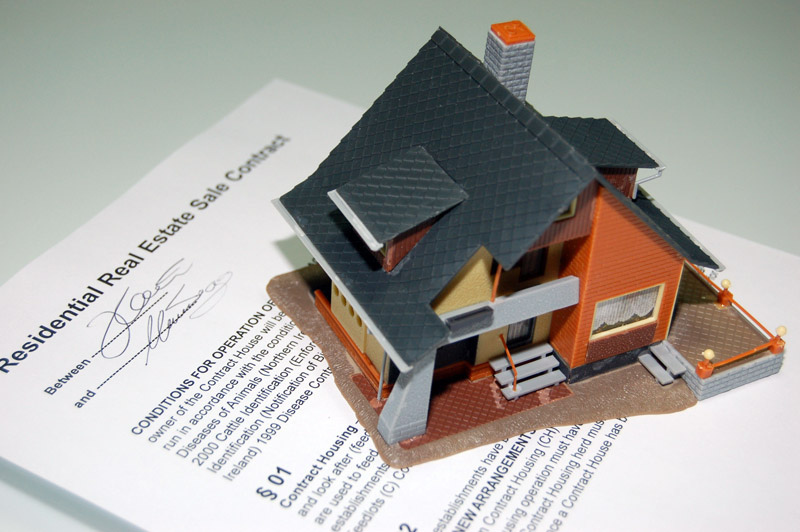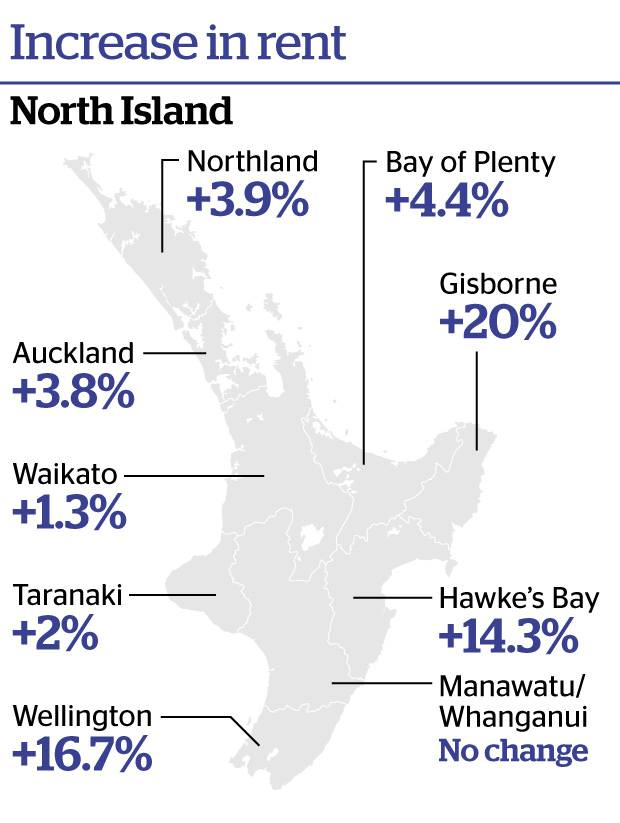Rent crunch goes on - and single mothers say they're feeling the pinch

An advocacy group for renters says, in a tight market, property managers and landlords often choose dual-income families over those who are headed by a sole adult.An advocacy group for renters says, in a tight market, property managers and landlords often choose dual-income families over those who are headed by a sole adult.
Single mothers say they face an extra burden in a rental market that is becoming increasingly competitive in many parts of the country.
One woman, Stefanie Gschnitzer, broke up with her partner last year and had to live with a friend for two months because she could not find a rental property to live in. She had one child who was aged under two and was pregnant. She said, as a single mother who was not from New Zealand, it seemed an impossible task.
“Lots of agencies, real estate [agents] and owners didn’t even look at my application, Always no.”
She said they would say there was someone else who was a better fit.
She eventually found a house for $400 a week in Whangarei because a property manager who had been in a similar position in the past helped her.
“I tried to find another rental as this one has old windows and draughts are coming through so it’s quite cold. It’s impossible. I have the heater on in the kids’ room and my power bill is already so high and it’s not even winter but don’t want them get sick.”
Nicole Carter said she, too, had encountered difficulties as a single parent.
“I’m currently in a house but it is shocking wet, cold, mouldy and falling apart and that’s the reason why the landlord kept me on is because he knew no one would move in. I have been trying to find a house to move out of here.”
Robert Whitaker, of Renters United, said it was a problem in many parts of the country where supply was limited.
“It’s difficult for anyone who is seen as less than an ideal tenant in the eyes of the landlord and that’s a very subjective thing. Would they prefer tenants with two incomes rather that one? It’s likely.”
He said some landlords also expected children to damage properties – although families were also sometimes seen as more stable tenants.
Whitaker said the other difficulty for single parents was finding the time to commit to looking for a property.
David Faulkner, a property management consultant, said property managers were unlikely to explicitly discriminate against single parents.
But he said, in a tight rental market, they had to choose the right tenants for a property and a family with a larger combined income would often be a better prospect than a single-income household.
“A single parent on a benefit versus a working family… I wouldn’t say it’s discrimination. Any property manager who would discriminate is aware of the implications of that under the Human Rights Act.”
Rental inflation hit an 11-year high of 6 per cent a year in March.
On Trade Me, the national median advertised rent hit $495 a week, up 5.3 per cent on last year.
“There’s a high demand for rentals across the country with a significant 28 per cent increase in the number of enquiries compared to March 2018,” said Trade Me head of rentals Aaron Clancy.
“Demand for rentals is very high right across the country, and in most places supply is not keeping up. From what we’re seeing renters are staying in their rentals longer while they get deposits together – in certain parts of the country home-ownership is moving beyond the means of many Kiwis.
“Unless the supply of rental properties can be increased, we’re only going to see rent prices climb in the future.”
He said the North Island had some significant increases, particularly in Gisborne, Hawke’s Bay and Manawatu/Whanganui.
Nelson/Tasman, Southland and Hawke’s Bay also hit record rents.
But Wellington’s rental market softened slightly.
“Tenants in Wellington [region] will be pleased to know that the median weekly rent eased in March, falling from its peak in January at $550 to $525 in March. However, that’s still up 8.2 per cent on the year prior when the median rent was just $485 per week,” Clancy said.
“Rental prices in Wellington city also cooled in March, shedding $10 from February’s high to $580 per week in March, up 9.4 per cent on last year.”
At $580 per week, Wellington is still the most expensive city to rent in the country, closely followed by Auckland City at $570.
The median weekly rent in Auckland remained at a record $560 for a second consecutive month in March after climbing 3.7 per cent on last year.
Clancy said Auckland’s high house prices and growing population had resulted in 24 per cent more inquiries on rentals than March last year and that was keeping prices high.
“The most popular rental in the Auckland region was a two-bedroom house in Glenfield which had 79 inquiries in the first two days on-site.”
Another woman, Lisa Young, a single mother of three, said she had not experienced discrimination as a single person but rent rises were hard to keep up with on a single income.
Over the course of four years, her rent had risen $120 a week.




